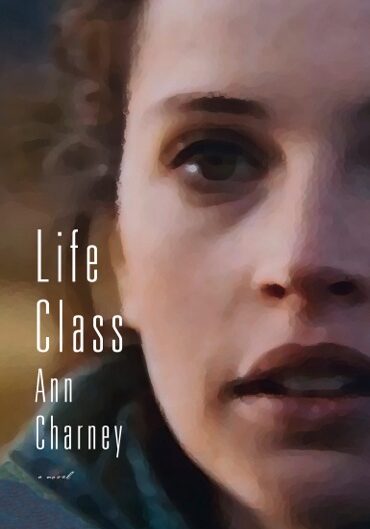In 701 B.C. the Assyrian empire was in its ascendancy. It had already vanquished the kingdom of Israel to the north including the capital at Samaria. It then prepared an assault on Judah and its capital at Jerusalem.
But in one of those significant events that changes the course of world history, Assyria was repelled. Jerusalem was saved until 586 B.C. when the Babylonians sacked the city, forcing its leadership class into exile.
Henry Aubin, in a major feat of scholarship, determines that Jerusalem was aided by a Kushite army from Africa which had marched northeast from the Nile valley. While the Bible attributes the Assyrian retreat to an angel and secular commentators cite pestilence, Aubin, in a meticulously documented work, demonstrates that an alliance with the African nation of Kush bolstered Jerusalem’s defences.
Kush, also known as Nubia, was located in what is now southern Egypt and northern Sudan. A monarchy that existed for more than 1000 years, from 900 B.C. to A.D. 350, Kushites held sway over Egypt from 712 B.C. to about 660 B.C. Of Egypt’s 31 dynasties, this, the 25th Dynasty, is the only one that all scholars agree, was black.
The commander of the Kushite expeditionary force was Taharqa (or as the Bible calls him Tirhakah). This Kushite prince, who had his own interests in halting Assyrian expansion, likely caught the aggressors by surprise as they prepared their siege of Jerusalem.
Aubin offers a thrilling military history and a stirring political analysis of the ancient world. He also sees the event as influential over the centuries.
The Kushite rescue of the Hebrew kingdom of Judah enabled the fragile, war-ravaged state to endure, to nurse itself back to economic and demographic health, and allowed the Hebrew religion, Yahwism, to evolve within the next several centuries into Judaism. Thus emerged the monotheistic trunk supporting Christianity and Islam.

Ann Charney’s novels Distantly Related to Freud,Dobryd and Rousseau’s Garden were published in the US, Canada, France, Germany and Italy. She was born in Poland, studied at McGill University and the Sorbonne, and lives in Montreal. The government of France named her Officier de l’Ordre Arts et des Lettres.
Praise for Life Class:
“Charney writes in spare, tight prose, setting a brisk pace for a lively plot line and the introduction of intriguing characters…Life Class is an inspiring affirmation of life after loss.â€
Montreal Gazette
“Charney moves us from place to place with cinematic dash… Charney takes us into a community of expatriates in Venice, describes a marriage of convenience, details the sadness of post-industrial American towns and satirizes the pretensions of the art world.â€
National Post
Cormorant CAN 2013
Life Class
Life Class, Ann Charney’s beautiful and wry novel, portrays the allure and dangers of the expatriate life where its charms become traps.
Nerina, a refugee from Sarajevo, has her first brush with the sophisticated foreigners of Venice when she is struggling to survive by working in a hair salon and posing nude for a life class in drawing. Meanwhile, she is plotting to exchange her life at the margins for a better life in America.
Her gateway to the plush world is Helena who has lived in Venice for many years, cobbling together an existence by ferreting out people with skills useful to privileged expatriates. Through Helena, Nerina becomes a housekeeper for the Ohlstroms, a wealthy American couple. When they are called back to New York, Nerina finds herself sharing their house with one of their friends, Walter Scalin, a gay expat sliding toward homelessness.
Faced with destitution in Venice, Walter decides to return to the US to occupy the house in the Adirondacks he has inherited from his grandparents. He offers to marry Nerina and to take her with him, as her best hope for realizing her American dream.
From married life and a job as a cashier in Smiths Falls to work in Manhattan’s gallery scene is a quick leap for the nimble Nerina, thanks to Helena’s help once again.
Nerina doesn’t realize it but an impromptu trip to Montreal with her new love interest, a Canadian artist named Christophe who takes her to Montreal is a turning point, saving her from a rootless life at the edges. She has no illusions about the art world which rumbles with greed beneath the camouflage of glamor, but when she aimlessly wanders into Gallery Sarajevo, lured only by the name, her ambition for a gallery of her own crystallizes. Investment comes from a surprising source. Helena, Nernina and their friends serve as a life class in resourcefulness for a world in flux.